About the Author
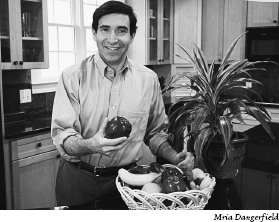
Robert J. Davis, PhD, is an award-winning health journalist whose work has appeared on CNN, PBS, and WebMD, and in the Wall Street Journal. He is founder and editor in chief of Everwell.com and the author of The Healthy Skeptic. He also teaches at Emory Universitys Rollins School of Public Health. A graduate of Princeton University, he holds a masters degree in public health from Emory and a PhD in health policy from Brandeis University, where he was a Pew Foundation Fellow.
Acknowledgments
Some things are easier the second time around. For me, writing a book proved to be one of them, thanks to the help of so many people.
My literary agent, Lynn Johnston, offered superb guidance that was crucial to transforming a concept into a book. Though brilliant is a word thats often used indiscriminately, it definitely applies to Lynn. Her insights and advice were always smart and spoton.
Im equally grateful to my editor at Perigee Books, Meg Leder, who skillfully shepherded me through the publishing process, patiently responding to my steady stream of questions and concerns. Her incisive comments strengthened the manuscript, and her unfailing professionalism and cheerfulness made working with her a delight.
Thanks are also due to my outstanding research assistants, Mara Betsch, Kimberly Holland, and Nicole Ferring Holovach, whose help was indispensable. They were able to dig up whatever I needed far more adeptly and efficiently than I ever could have myself.
My colleagues at Everwell, Sean Kelley, Mria Dangerfield, Andrew Spratt, and Tom Morris, served as a valuable sounding board on everything from word selection to cover design. Special thanks to Sean, who saved me when I got stuck by coming up with ingenious angles and helpful information.
My good friend and business partner Loren Goldfarb gave me the benefit of his creative insights and unvarnished opinions. My aunt Doris Califf, who tirelessly promoted my last book, began spreading the word about this one before I even started writing it.
Im also deeply indebted to Debra Califf, Edward Felsenthal, David Katz, Lisa Lillien, Carolyn ONeil, Jonathan Ringel, Emily Weaver, Deb Weisshaar, and Amanda Wolf, who took time to read drafts or discuss the manuscript with me and provide invaluable feedback.
My mother, Scottie, managed to plow through several drafts of every chapter, offering both praise (as youd expect from a mom) and constructive criticism. Since encouraging me to publish a story in a childrens magazine when I was nine years old, shes been my number one editor and cheerleader. She has my eternal thanksand love.
Chapter 1
Driven to Drink
COFFEE IS BAD FOR YOU
 Im not sure why I dont like coffee. Maybe its the memory of my grandmother downing multiple cups of cheap instant coffee every morning as she sucked on one cigarette after another. It all seemed downright disgusting to me as a child, and I remember thinking that if this is what adults do, then maybe I shouldnt grow up.
Im not sure why I dont like coffee. Maybe its the memory of my grandmother downing multiple cups of cheap instant coffee every morning as she sucked on one cigarette after another. It all seemed downright disgusting to me as a child, and I remember thinking that if this is what adults do, then maybe I shouldnt grow up.
When people learn that I dont drink coffee, they sometimes look at me as though I have an extra head. Over the years, Ive learned how to allay their suspicions: I attribute my avoidance to health concerns about coffee. That way, my lack of conformity seems like a virtue.
Unfortunately, I cant get away with that excuse anymore. Theres scant evidence that coffee is harmful. Indeed, it may even be good for us.
Coffees unhealthy reputation stems in part from older studies linking java to an increased risk of heart disease and pancreatic cancer, among other things. But that research failed to account for smoking, which as my grandmother could have told the scientists was once coffees constant companion.
More recent cohort studies, which followed tens of thousands of people for many years, have found that coffee drinkers have no greater risk of heart attacks or strokes; indeed, they appear to have a slightly lower risk. Ditto for type 2 diabetes and gout.
As for cancer, the research overall shows that coffee does not increase the risk, and its even been associated with lower odds of certain cancers. Whats more, coffee drinkers appear to live just as long as abstainersand maybe even slightly longer.
One possible reason for these apparent benefits is that coffee is rich in antioxidants. But what about caffeine? That cant be good for you, can it? Indeed, some research suggests that the caffeine in coffee and other beverages may increase the risk of miscarriages, but the evidence overall is mixed. Generally, a cup or two a day (up to 200 milligrams of caffeine) appears to be safe during pregnancy.
Research has also linked more than three cups a day of caffeinated coffee to bone fractures among women who get too little calcium. And caffeine can cause jitters, insomnia, and stomach upset in some people. On the other hand, caffeinated coffee has been associated with a lower risk of Parkinsons disease.
For many people, the biggest health risk from coffee is weight gain. Though a cup of black coffee has only two calories, those Double Chocolaty Chip Frappuccinos and other blended beverages from coffee shops can quickly pack on extra pounds if youre not careful. Hey, maybe thats my new excuse for skipping the trips to Starbucks: Im on a diet.
Decaf coffee typically contains some caffeine. Research shows that certain decaf beveragessuch as lattescan have as much caffeine as a can of soda.
RED WINE IS THE MOST BENEFICIAL TYPE OF ALCOHOL
 Its not unusual to find wines bearing the names of well-known people. ZinfandEllsbury, for example, is named for Boston Red Sox outfielder Jacoby Ellsbury. Graceland Cellars offers up Velvet Elvis Cabernet Sauvignon. Theres even a Palin Syrahthough blue-state sellers of this red wine insist that a resemblance to the name of any politician, living or dead, is purely coincidental.
Its not unusual to find wines bearing the names of well-known people. ZinfandEllsbury, for example, is named for Boston Red Sox outfielder Jacoby Ellsbury. Graceland Cellars offers up Velvet Elvis Cabernet Sauvignon. Theres even a Palin Syrahthough blue-state sellers of this red wine insist that a resemblance to the name of any politician, living or dead, is purely coincidental.
Perhaps no one deserves his own vino more than Morley Safer. In 1991, the 60 Minutes correspondent reported that red wine helped explain the so called French Paradoxthe fact that people in France have relatively low rates of heart disease despite their fatty, foie grasfilled diets. Safers portrayal of red wine as a heart-healthy elixir caused sales to soar, and theyve kept climbing. In 1991, red wine accounted for just 17 percent of the U.S. wine market, trailing far behind white wine. By 2009, red was the most popular type, with 47 percent of the market. Surely that calls for a Morley Merlot.
Whether Safer oversold the science is another matter. We have consistent evidence from numerous studies that moderate alcohol consumption (meaning one or two drinks a day) is associated with a lower risk of heart disease, diabetes, stroke, and premature death. But research is conflicting as to whether red wine is more beneficial than other forms of alcohol.
Red wines alleged advantages are often attributed to an antioxidant called resveratrol, which is found in grape skins. (Because white wine is generally produced without the skins, it contains little if any resveratrol.) Studies in animals and test tubes suggest that the compound may have cardiovascular benefits, including relaxing blood vessels, preventing blood clots, and reducing inflammation. Theres evidence that other substances in red wine, such as flavanolswhich are in dark chocolate as well (see Chocolate Is Good for You on page 64)may also be good for the heart.

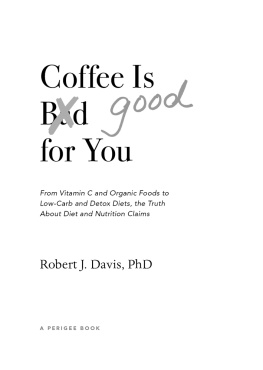

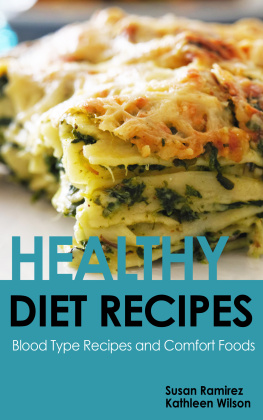
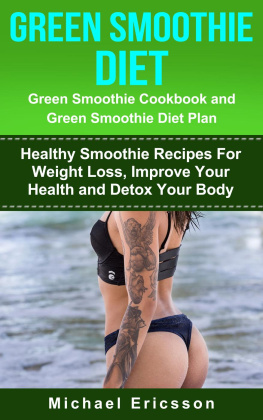
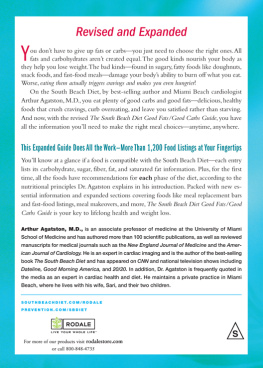
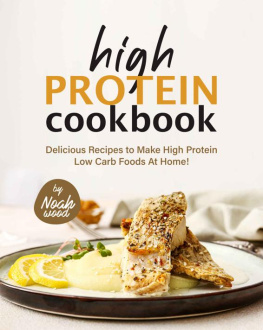
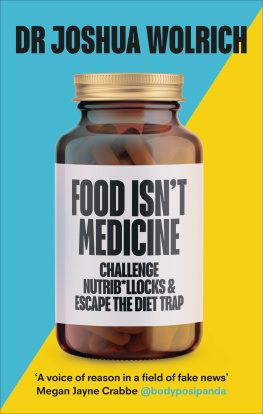
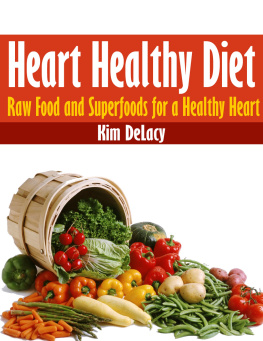
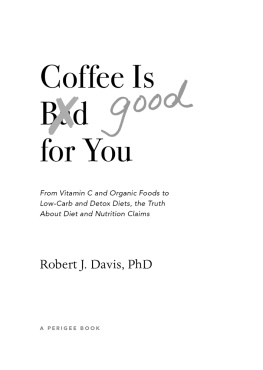
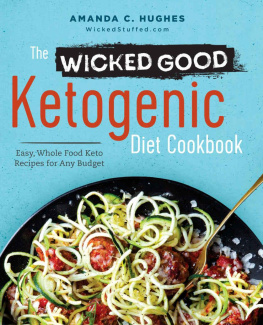
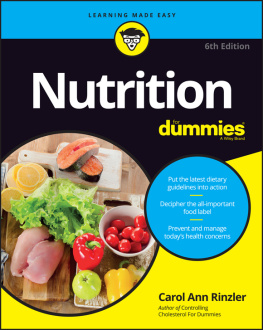
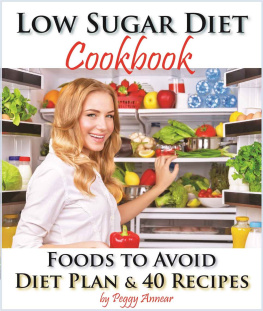
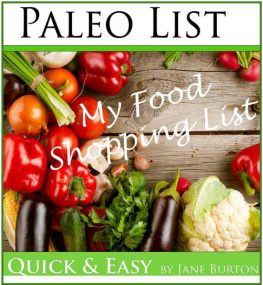

 Im not sure why I dont like coffee. Maybe its the memory of my grandmother downing multiple cups of cheap instant coffee every morning as she sucked on one cigarette after another. It all seemed downright disgusting to me as a child, and I remember thinking that if this is what adults do, then maybe I shouldnt grow up.
Im not sure why I dont like coffee. Maybe its the memory of my grandmother downing multiple cups of cheap instant coffee every morning as she sucked on one cigarette after another. It all seemed downright disgusting to me as a child, and I remember thinking that if this is what adults do, then maybe I shouldnt grow up. Its not unusual to find wines bearing the names of well-known people. ZinfandEllsbury, for example, is named for Boston Red Sox outfielder Jacoby Ellsbury. Graceland Cellars offers up Velvet Elvis Cabernet Sauvignon. Theres even a Palin Syrahthough blue-state sellers of this red wine insist that a resemblance to the name of any politician, living or dead, is purely coincidental.
Its not unusual to find wines bearing the names of well-known people. ZinfandEllsbury, for example, is named for Boston Red Sox outfielder Jacoby Ellsbury. Graceland Cellars offers up Velvet Elvis Cabernet Sauvignon. Theres even a Palin Syrahthough blue-state sellers of this red wine insist that a resemblance to the name of any politician, living or dead, is purely coincidental.